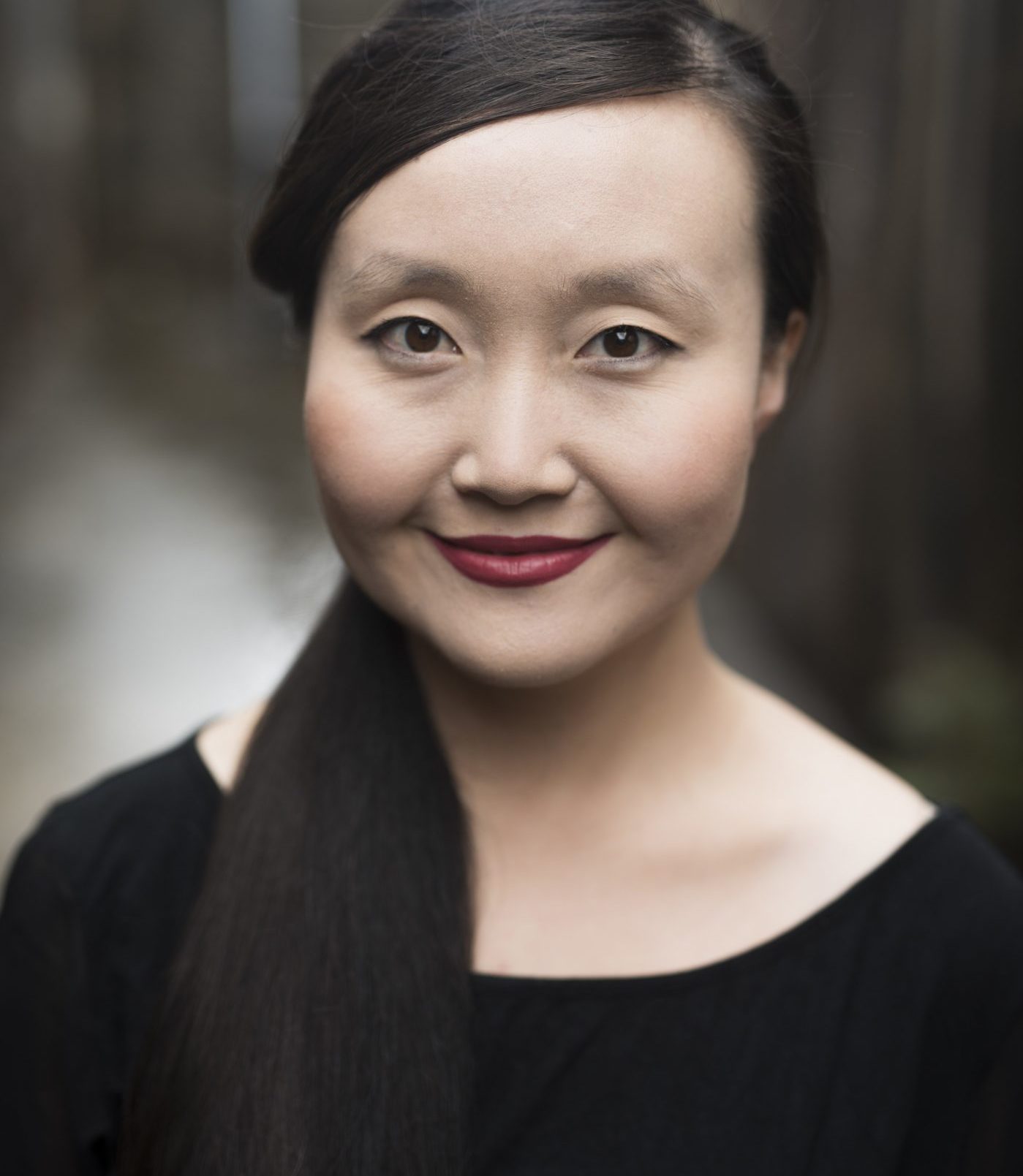Understanding immune system behaviour in blood cancers
Making a difference to the lives of her patients is why Dr Wei Jiang gets up each morning.

Dr Jiang, a Leukaemia Foundation and Haematology Society of Australia and New Zealand (HSANZ) PhD 2019 scholarship grant recipient, is running two clinical trials to uncover how targeted therapies can alter the immune system to treat blood cancer.
Based at The Westmead Institute for Medical Research (Sydney), Dr Jiang is currently making the transition to full-time research after a decade working as a clinician.
“I chose to be a blood specialist and to study blood cancers because I discovered during my haematology training that making a difference in the lives of my patients was my reason for getting up each morning,” said Dr Jiang.
“Haematology is a rapidly changing field and I want to be a part of the science that changes people’s lives.”
The grant funding* for her project, Clinical safety and efficacy of T-cell immunotherapies for infection and malignancy, allows Dr Jiang to run two therapeutic trials which will have significant clinical benefit for patients who take part.
“One trial involves the use of a new type of engineered immune cell, called CAR-T (chimeric antigen receptor T-cells) in the treatment of refractory B-cell leukemias and lymphomas,” said Dr Jiang.
“The other trial is looking at the use of pathogen-specific ‘smart’ T-cells in the treatment of resistant viral infections in patients who have had stem cell transplants.
“Both trials use innovative, cutting-edge therapies that will contribute to a fundamental shift in treatment approaches in this field.”
Dr Jiang said that while the project focuses on a new therapy, at its core is the study of the biology and function of different parts of the immune system, and how we can use genetically engineered cells to target blood cancers and infectious pathogens.
“My research career is focused on the immune system’s behaviour in blood cancers, after chemotherapy and stem cell transplantation,” said Dr Jiang.
“I am interested in how we can alter the immune system with specific targeted therapies to treat blood cancers, and the complications associated with existing cancer treatments.”
When awarded the PhD grant, Dr Jiang said she was “humbled and even more excited to ‘crack on with it’”!
“My ultimate goal is to be part of the development and discovery of a new blood cancer treatment that is effective, safe and universally affordable, for not only a lucky few or those with refractory disease.”
One year into the project, the trials are well underway with evidence emerging that engineered ‘smart’ T-cells can be used effectively to target common viral infections such as cytomegalovirus and Epstein-Barr virus which are common post allogeneic stem cell transplantation.
“We have also found that giving these ‘smart’ T-cells early, following the detection of an infection, reduces the duration and morbidity associated with the infection, while being safe for the patient,” explained Dr Jiang.
“These experiments have shown that when following administration of targeted T-cells against a particular infection, the body not only accepts these ‘smart’ cells but starts to produce its own ‘smart’ cells. Preliminary results have shown that these ‘smart’ cells persist for a long time, in some instances many months, after the infection has cleared.”
Dr Jiang and her lab also are working on trials targeting cancer cells using T-cells in a similar way.
“These findings are exciting because they provide us with new and effective ways to treat infection and malignancy that will be beneficial to patients in the future,” Dr Jiang said.
* Dr Wei Jiang received funding of $120,000 ($90,000 from the Leukaemia Foundation and $30,000 from HSANZ) over three years, from January 2019 to January 2022.
Last updated on August 6th, 2020
Developed by the Leukaemia Foundation in consultation with people living with a blood cancer, Leukaemia Foundation support staff, haematology nursing staff and/or Australian clinical haematologists. This content is provided for information purposes only and we urge you to always seek advice from a registered health care professional for diagnosis, treatment and answers to your medical questions, including the suitability of a particular therapy, service, product or treatment in your circumstances. The Leukaemia Foundation shall not bear any liability for any person relying on the materials contained on this website.